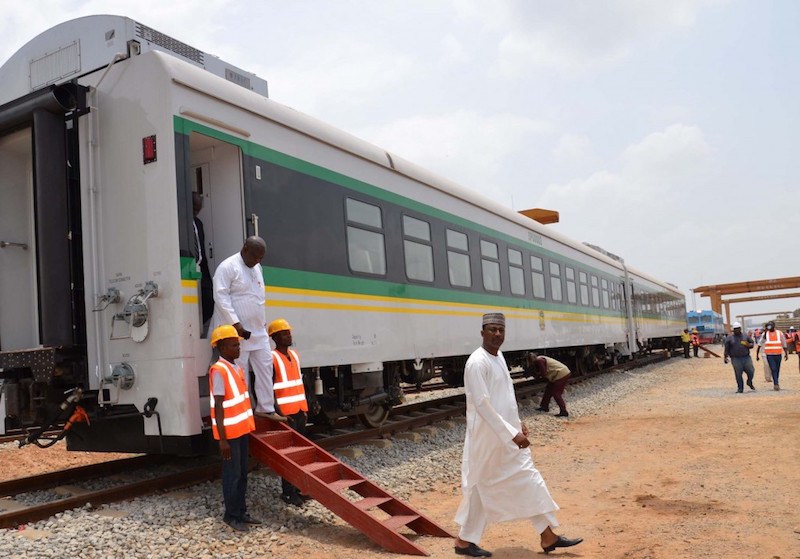ABUJA, Nigeria — Nigeria’s rail sector is riding the fast track to recovery, with the latest National Bureau of Statistics report on Thursday, September 7, 2023, shows a remarkable growth in passenger numbers and revenue in the second quarter of 2023.
A 12.25 percent increase in ridership and an 83.88 percent spike in passenger-generated revenue point to a revitalized rail system capturing Nigerians’ hearts and wallets.
“The latest figures are a resounding endorsement of the policies and investments geared towards rejuvenating Nigeria’s rail infrastructure,” said Dr. Amina Okorie, an economist and expert in public infrastructure.
“It shows the people’s faith in the system is being restored, which is vital for socio-economic progress.”
According to the National Bureau of Statistics’ ‘Rail Transportation Data (Q2 2023)’, 474,117 passengers took to the rails in the second quarter of 2023, compared to 422,393 during the same period in 2022.
The report also disclosed that the sector earned a staggering N1.10 billion in passenger revenue in Q2 2023, up from N598.74 million the year before.
But it’s not just human traffic that’s booming. The freight aspect of Nigeria’s rail sector also experienced a dramatic surge.
The report shows that the volume of goods and cargos transported by rail stood at 56,029 tons, up from 31,197 tons in Q2 2022.
This surge in cargo volume translated into a 105.04 percent increase in revenue, jumping from N91.70 million in 2022 to N188.03 million in 2023.
“This is an indication of not only increased public confidence but also an economic resurgence that relies on a functional and effective rail system,” said Jide Osinowo, a logistics executive for a multinational corporation.
“From my industry perspective, it’s a boon because transportation costs are one of Nigeria’s most prohibitive aspects of doing business.”
The upward trajectory is critical for Nigeria, grappling with myriad economic challenges, including inflation and unemployment.
The booming rail sector provides a greener, more sustainable form of transport and a beacon of fiscal hope.
“It’s no longer just about moving from Point A to Point B,” adds Dr. Okorie. “It’s about a strategic investment that serves the present and offers a secure pathway to a more connected, prosperous future.”
The data adds weight to Nigeria’s ongoing efforts to modernize its rail network, including significant projects like the Lagos-Kano and Lagos-Calabar rail lines, which are expected to boost passenger and cargo figures further.
As policymakers seek ways to sustain the momentum, the nation watches to see if the rail sector can stay on course and continue to be a driving force in Nigeria’s multifaceted economic revival.







